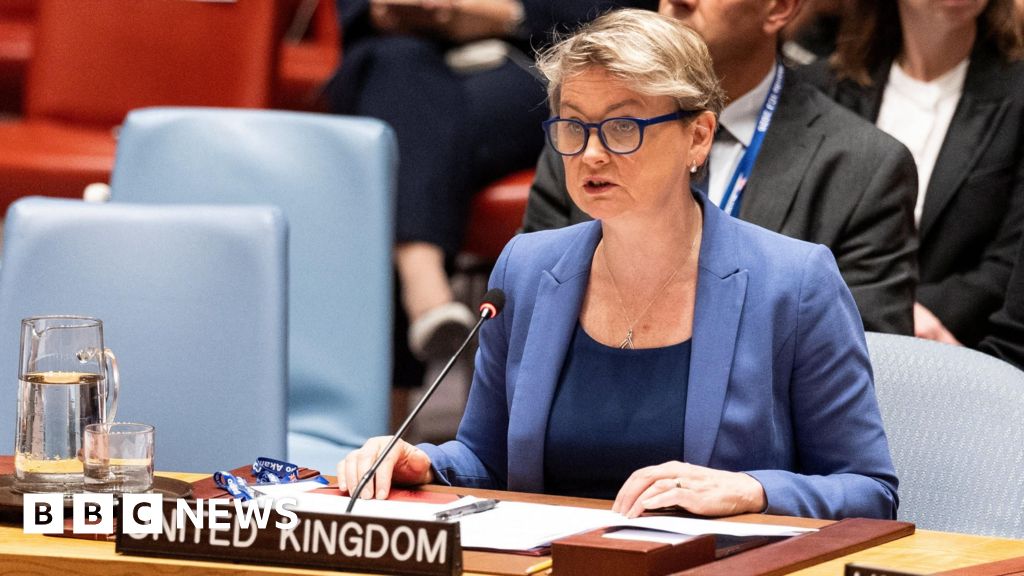Sweeping Sanctions Reimposed on Iran
Comprehensive economic and military sanctions have been reinstated on Iran, a decade after their removal due to a significant international agreement concerning its nuclear program.
Activation of the Snapback Mechanism
The new sanctions came into effect as the three European signatories to the deal—namely the UK, France, and Germany—activated the “snapback” mechanism, citing Iran’s “ongoing nuclear escalation” and insufficient cooperation.
Suspension of Inspections
Following recent airstrikes on its nuclear sites and military bases by Israel and the US, Iran halted inspections of its nuclear facilities, contravening its obligations under the 2015 agreement. Despite this, President Masoud Pezeshkian claimed last week that Iran would not pursue the development of nuclear weapons.
Reactions to Sanctions
Pezeshkian called the reimposed sanctions “unfair, unjust, and illegal,” underscoring the setbacks to a deal initially viewed as a milestone in improving Western relations with Iran.
Concerns Over Nuclear Activities
The Joint Comprehensive Plan of Action (JCPOA) aims to restrict Iran’s nuclear capabilities, including limitations on its enriched uranium stocks and research and development activities. Since the US withdrawal from the agreement under President Trump in 2018, Iran has intensified its prohibited nuclear activities.
Continued Negotiation Efforts
European allies remain hopeful that negotiations will ease tensions. They issued a joint statement urging Iran to avoid escalation and noted that the reimposition of UN sanctions does not signify the end of diplomatic efforts. Talks during the recent UN General Assembly, however, failed to produce a delaying deal for the sanctions.
Warnings and Future Implications
Iran’s foreign ministry declared it would not recognize the “illegal” sanctions and warned that any actions against its national interests would be met with resolute responses. While Pezeshkian softened his earlier stance on potentially withdrawing from the Non-Proliferation Treaty, he emphasized the need for assurances regarding Israel’s non-aggression against Iran’s nuclear facilities to facilitate normalization of its nuclear program.



